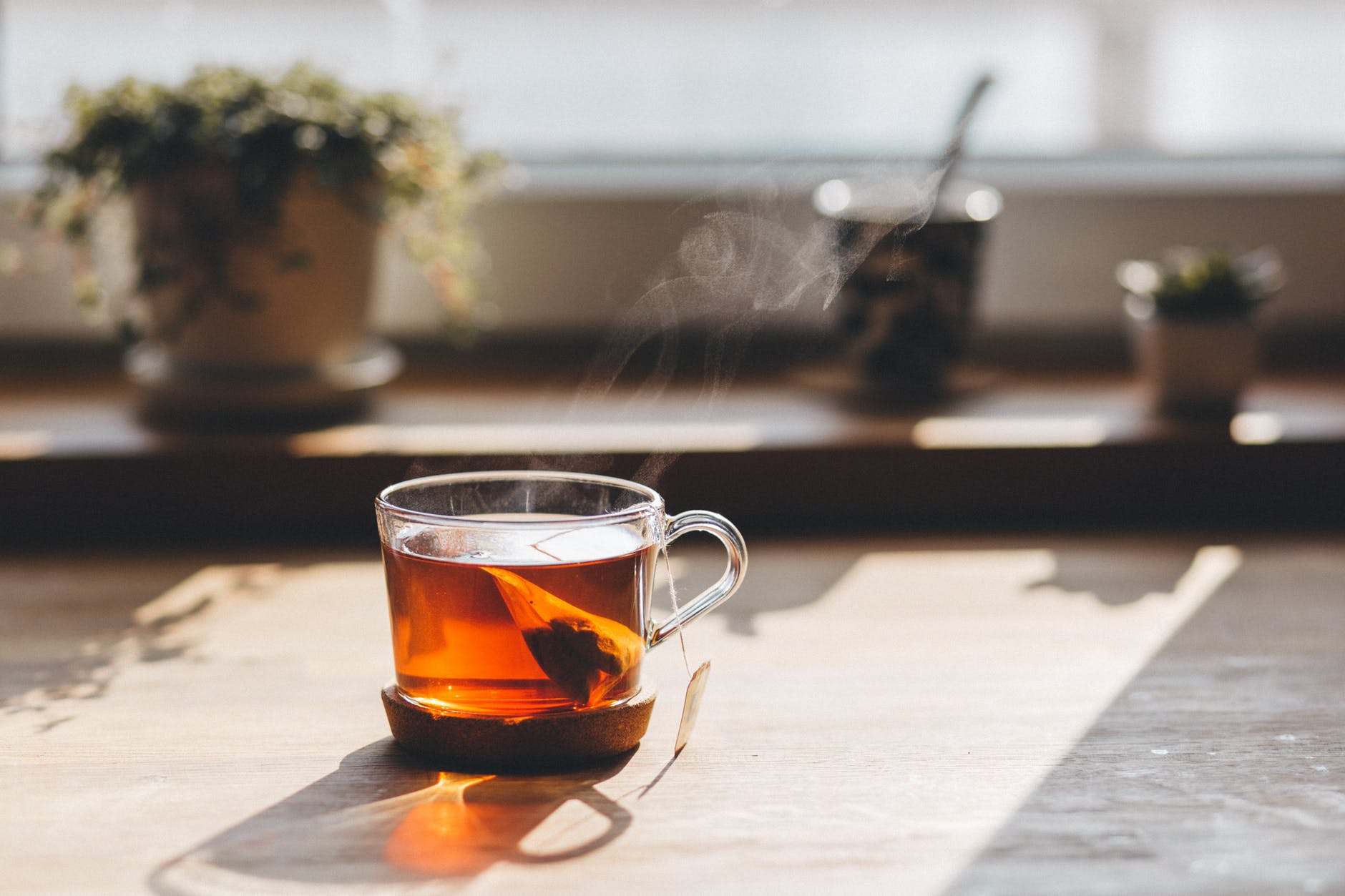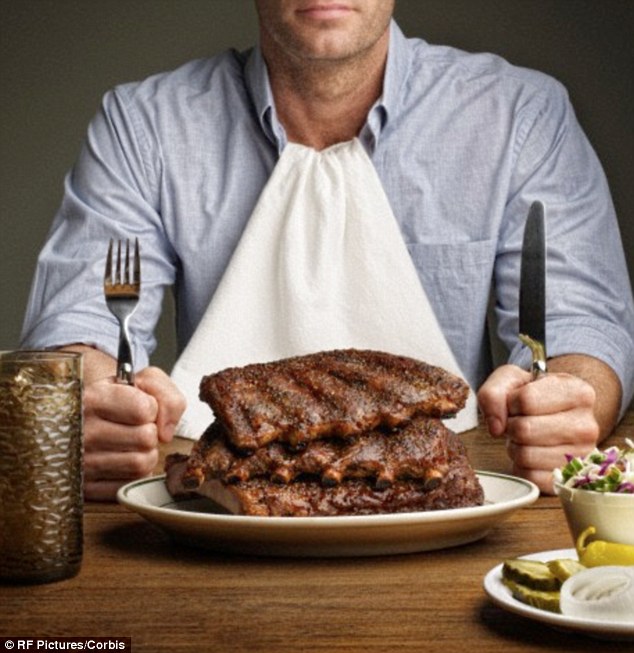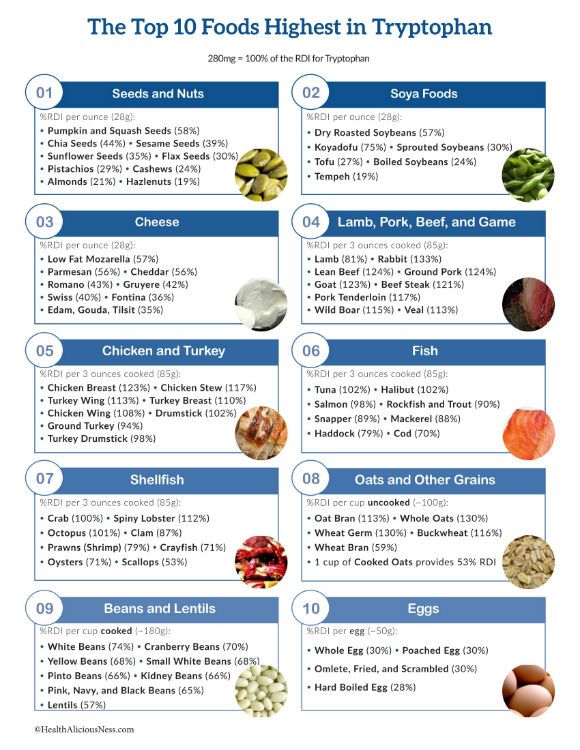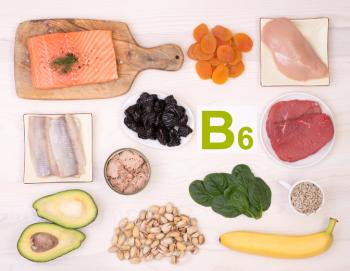How what you eat, can affect your sleep
Almost everyone is aware of how what we eat or drink has a direct effect on our life and health. It is cause equals effect. It is widely understood how eating the right foods will positively impact the immune system, improve cognitive function, heal wounds, assist repairing of wounds and tissues, help our family develop big and strong and everything else you need to support health and vitality.
Not many people think about how what they are consuming can impact their sleep in a positive or negative way.
Be mindful of what you consume after 3pm:
The worst things to consume after lunch time and especially in the 4 hours before going to bed for achieving a good night sleep is anything that contains caffeine. Yes, the obvious being coffee and red bull, but also consider tea and chocolate.
The reason being, they stimulate the brain and causing it to become overactive at a time when you need to wind it down for sleep.

Think about what can keep you up at night:
Spicy foods are the worst for heartburn, indigestion and reflux. These symptoms are worse when lying down. Alcohol also disrupts the sleep cycle and can lead to a poor night sleep. It is advised to avoid these foods if you are not sleeping well.
Foods high in protein that are consumed late in the day can have a negative effect on sleep as these foods are harder to digest. The body is spending more time on digestion instead of sleeping. The same applies for a heavy meal close to going to bed. Your body is trying to digest your meal, rather than enabling rest for a good quality sleep. It takes 4 hours for your stomach to empty so ideally it is best to eat your dinner early to give your body time to digest before you lie down to sleep.
Foods that are high in water content or consuming a high volume of water in the late afternoon or evening can lead to you having to get up during the night to go to the toilet and disrupting your sleep.
What foods can HELP in achieving a good nights sleep?
Foods to include are foods that support the production of melatonin. These foods include those that are high in tryptophan, magnesium, calcium and vitamin B6.
Tryptophan:
Tryptophan is an amino acid that when ingested gets turned into the neurotransmitter serotonin and then converted into the hormone melatonin. Here are some some of the best foods loaded with tryptophan:
- Poultry (turkey, chicken)
- Seafood (shrimp, salmon, halibut, tuna, sardines, cod)
- Nuts and seeds (flax, sesame, pumpkin, sunflower, cashews, peanuts, almonds, walnuts)
- Legumes (kidney beans, lima beans, black beans split peas, chickpeas)
- Fruits (apples, bananas, peaches, avocado)
- Vegetables (spinach, broccoli, turnip greens, asparagus, onions, seaweed)
- Grains (wheat, rice, barley, corn, oats)
Magnesium
Magnesium is a powerful mineral that is instrumental in sleep and is a natural relaxant that helps deactivate adrenaline. A lack of magnesium can be directly linked to difficulty going and staying asleep. Magnesium is often referred to as the sleep mineral. Excellent sources of magnesium are:
- Dark leafy greens (baby spinach, kale, collard greens)
- Nuts and seeds (almonds, sunflower seeds, brazil nuts, cashews, pine nuts, flaxseed, pecans)
- Wheat germ
- Fish (salmon, halibut, tuna, mackerel)
- Soybeans
- Banana
- Avocados
- Yogurt
Calcium
Calcium is another mineral that helps the brain make melatonin. A lack of calcium can cause you to wake up in the middle of the night and have difficulty returning to sleep. Calcium rich diets have been shown to help patients with insomnia. Dairy products that contain both tryptophan and calcium are among the best sleep inducers. Sources of calcium include:
- Dark leafy greens
- Milk
- Cheeses
- Yogurt
- Sardines
- Fortified cereals
- Soybeans
- Green snap peas
- Okra
- Broccoli
Vitamin B6
Vitamin B6 also helps convert tryptophan into melatonin. A deficiency in B6 has been linked with lowered serotonin levels and poor sleep. A deficiency in B6 is also linked to symptoms of depression and mood disorders which can lead to insomnia. Highest sources of B6 are:
- Sunflower seeds
- Pistachio nuts
- Flaxseed
- Fish (tuna, salmon, halibut)
- Meat (chicken, tuna, lean pork, lean beef,)
- Dried Prunes
- Bananas
- Avocado
- Spinach
Melatonin
Many of the vitamins and minerals that are on this list are there because they help aid in the production of turning serotonin into melatonin. However, there are a few excellent sources of naturally occuring melatonin in foods:
- Fruits and vegetables (tart cherries, corn, asparagus, tomatoes, pomegranate, olives, grapes, broccoli, cucumber)
- Grains (rice, barley, rolled oats)
- Nuts and Seeds (walnuts, peanuts, sunflower seeds, mustard seeds, flaxseed)
Drinks that are great for sleep
It’s not just foods that are great for sleep. Many drinks contain essential vitamins and minerals that help aid with sleep. A few of the ones to try are:
- Almond milk
- Chamomile tea
- Peppermint tea
If you have any specific questions regarding your individual situation or you would love further information please contact us here at Global Chiropractic on 54443388 or email [email protected]
SPECIAL OFFER: Global Chiropractic is currently offering new clients $180 worth of Chiropractic care for just $49. To get your $49 Chiropractic voucher, simply follow the link below:



